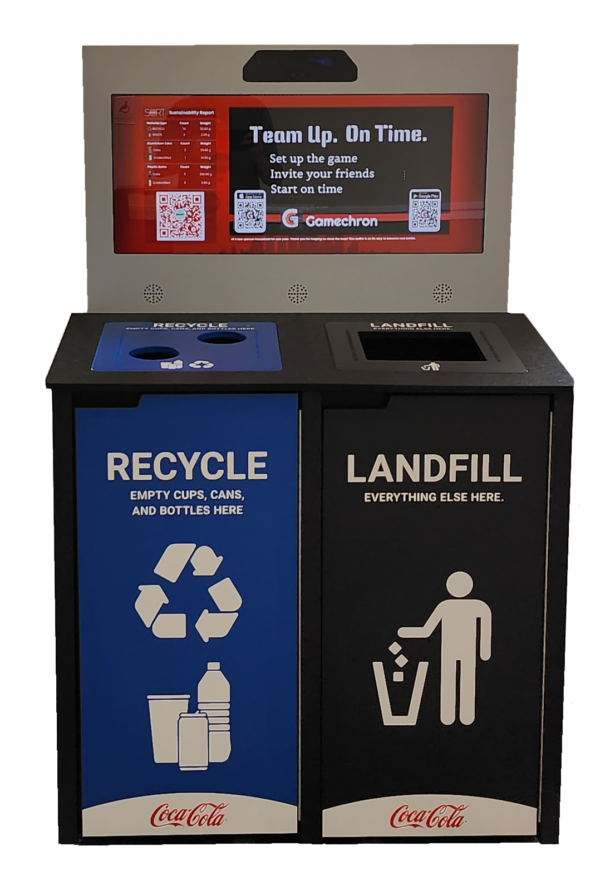Waste management is a critical issue for municipalities and businesses alike. As the amount of waste generated continues to grow, finding more efficient and effective ways to manage and dispose of it becomes increasingly important. One approach that has shown promise in recent years is using big data to optimize waste management strategies.
Big data refers to the massive amounts of data that are generated every day by a wide range of sources, including sensors, social media, and mobile devices. This data can be analyzed to reveal patterns, trends, and insights that can be used to inform decision-making and drive improvements in various industries, including waste management.
By using big data analytics, waste management organizations can gain valuable insights into their operations, such as how much waste is being generated, where it is coming from, and how it can be processed most efficiently. This information can be used to optimize waste collection routes, determine the most effective disposal methods, and reduce costs.
One example of how big data is being used to optimize waste management is in the city of Boston, Massachusetts. The city has implemented a system that uses sensors to track the fill levels of trash cans and recycling bins in real-time. This data is then analyzed to optimize waste collection routes, reducing the number of miles driven and the amount of fuel used.
Another example is the use of machine learning algorithms to analyze data from waste sorting facilities. By analyzing images of waste as it moves through sorting machines, these algorithms can learn to identify and sort different types of materials, improving the efficiency and accuracy of the sorting process.
In addition to improving operational efficiency, big data can also be used to drive sustainable waste management practices. For example, data can be used to track recycling rates and identify opportunities to increase recycling efforts. This can help reduce the amount of waste sent to landfills, conserve natural resources, and reduce carbon emissions.
While the use of big data in waste management is still in its early stages, it has the potential to revolutionize the industry. By using data to gain insights into waste generation and processing, waste management organizations can optimize their operations, reduce costs, and promote sustainable practices. As the amount of data generated continues to grow, the potential for big data to drive improvements in waste management will only continue to increase.




